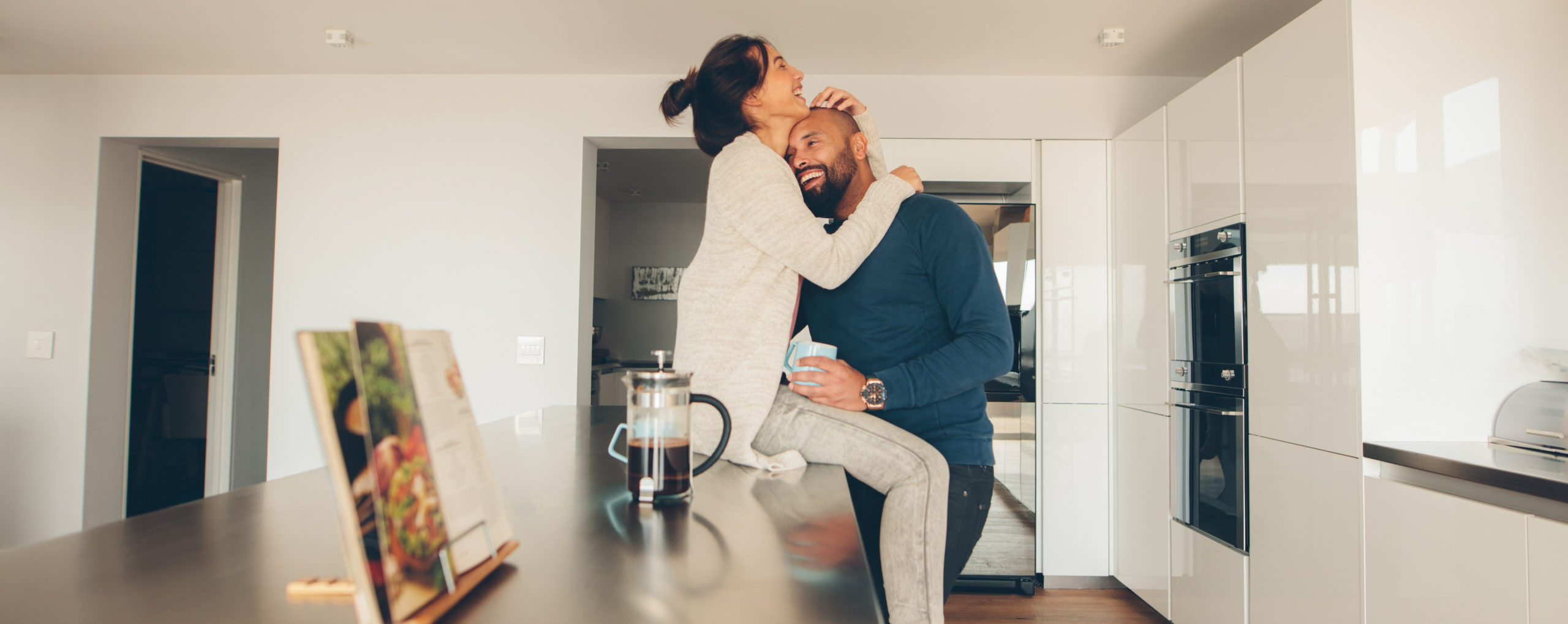Choosing a home can become a very emotional experience. Making a considerable purchase just based on emotion is seldom the best practice. Trying to ask and answer as many questions as to what is really important to you and your family before you start looking can help take some emotions out of the process. It is also helpful to determine if you and your partner are on the same page when buying a home and where there are areas that one or both of you need to compromise.
Here is our article on determining your home buying budget.
Price
It would help if you defined how the price of your home and mortgage payments fit in your overall financial picture. Here are a few questions to help guide you:
- Remember you shouldn’t spend more than 30% of your income on housing. What is 30% of your income? What is 28%? What is 25%? What is 20%?
- To calculate the percent of your income, multiply the percent by your monthly income, then divide by 100 to see your monthly mortgage budget. Example for 28%: If your monthly income is $6,000, then multiply that by 28. 6,000 x 28 = 168,000. Now, divide that total by 100. 168,000 ÷ 100 = 1,680.
- What seems most reasonable as a monthly payment with the debt you are currently paying down, saving goals you have for retirement, emergencies, and/or your dependent’s college funds, and your other bills?
- Once you have your max payment go here, switch the calculator to Calculate by payment, enter your down payment and your desired monthly payment, and it will tell you what home price you can afford.
- What is your homebuying budget- low and high?
- What can you afford, and what are you comfortable spending? These can be different.
- Are there things in your life that you want to continue to allocate your budget towards that would make you consider a less expensive home?
Property Type
For property type, you will need to determine the most important features you are looking for and how flexible you are with them. Here are a few questions to help guide you:
- What housing type are you looking for? This might change as you start looking, but it is helpful to have some idea of the type. For example, if you don’t want to have neighbors too close, a condo might not be a great choice. But if the thought of not being able to walk to brunch gives you a cold sweat, then a farmhouse might be a poor choice.
- What is negotiable and what is not?
- Does your family need a garage, yard, basement, etc.? Or are these types of things only wants that can be discarded for the right price or right neighborhood?
- Are you planning to expand your family?
- How many bedrooms and bathrooms would allow the house to grow with you and your family?
- If you outgrow it, are you okay moving again?
- Are you someone who enjoys and has the skills to perform home projects?
- Are you someone who wants it to be move-in ready?
- Is a large yard something you are going to want to maintain? Or pay someone else to maintain?
- If the home needs to be fixed up, do you have the budget to make those fixes?
- If the home is older, do you understand the pros and cons of that vintage property?
- Are you willing to pay more for insurance for an older home?
- When was the last update on the older home? Electrical system? Plumbing system? Roof? Cooling? Heating?
- If it is a new build, do you have flexibility in your current living situation if the build takes longer?
Neighborhood
For neighborhood, you will need to determine the type of infrastructure you desire in the community around you and where you comfortably see yourself living long-term. Here are a few questions to help guide you to determine the area you’d be happiest in and considerations after you choose:
- What qualities does the neighborhood need to have?
- Have you spent time in the area, and do you like it? Try to go at different times of day and night to see if the atmosphere changes after dark.
- What is the drive like from your work at rush hour times from this area? What are you comfortable with in terms of a commute?
- What kind of development plans are in the works for the neighborhood?
- If you have or are planning to have children, how are the schools?
- Is the street a major street, a popular rush-hour shortcut, or is it likely to become one?
- What are the zoning laws in the area?
- Is there a lot of undeveloped land? What is likely to get built there?
- Have home values in the neighborhood been declining or rising?
- What are the HOA fees and terms?
- If there is an HOA, can you rent your home out if you need to? Would restrictions be vital to you if in place?
- With the HOA, are there restrictive rules about parking, landscaping, pets, solar panels, or other things that will be hard for you to live by?
- If there is no HOA, are you okay with the lack of community maintenance, amenities, or management? Is it going to bother you if your neighbor’s property is not maintained to a certain standard?
By preparing for your search before it happens, you can be ready to make a financial decision based on needs rather than emotion. Keen to ensure that your economic reality matches your home buying dreams, we can help. Scarlet Oak Financial Services can be reached at 800.871.1219 or contact us here.
Sources:
- https://www.ediesellshomes.com/blog/Buying-a-Home-with-No-HOA
- https://www.zillow.com/mortgage-calculator/house-affordability/
- https://www.investopedia.com/articles/mortgage-real-estate/09/buy-house-emotion-free.asp
- https://www.fool.com/millionacres/real-estate-market/how-evaluate-homeowners-association-hoa-buying-property/
- https://www.zillow.com/home-buying-guide/what-you-want-and-need/
- https://www.pierscrawford.com/blog/the-pros-and-cons-of-buying-an-old-home
This material has been prepared for informational purposes.



